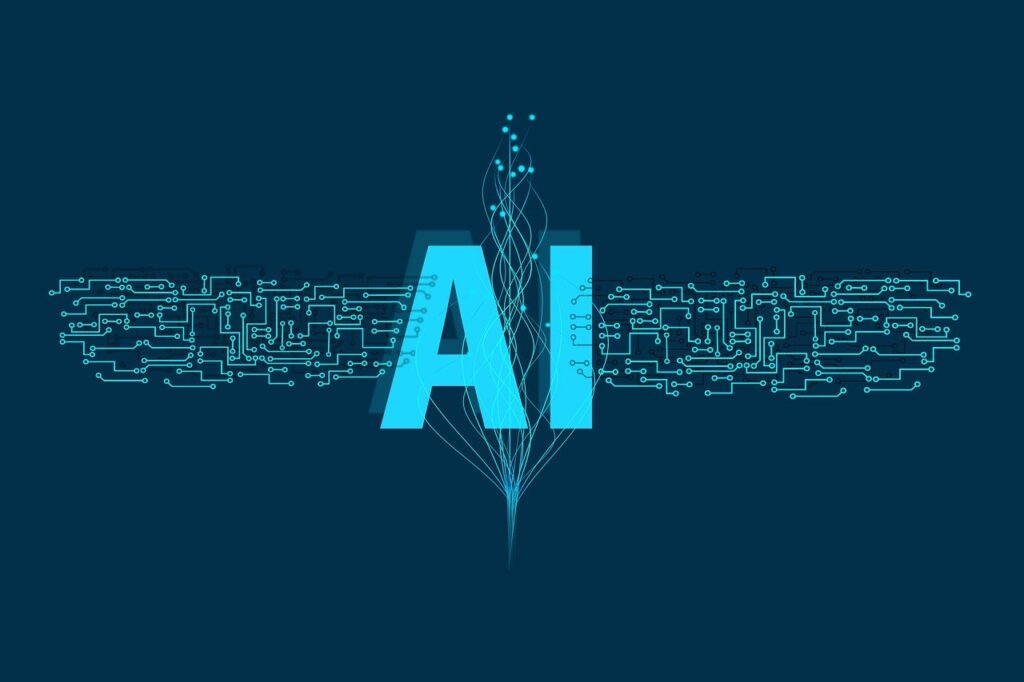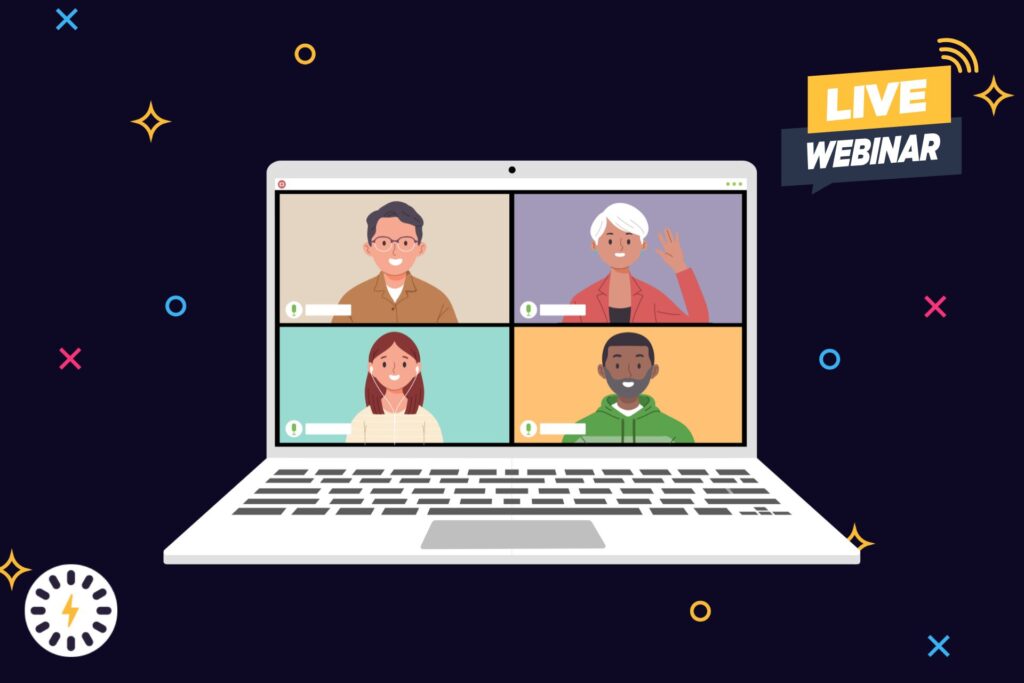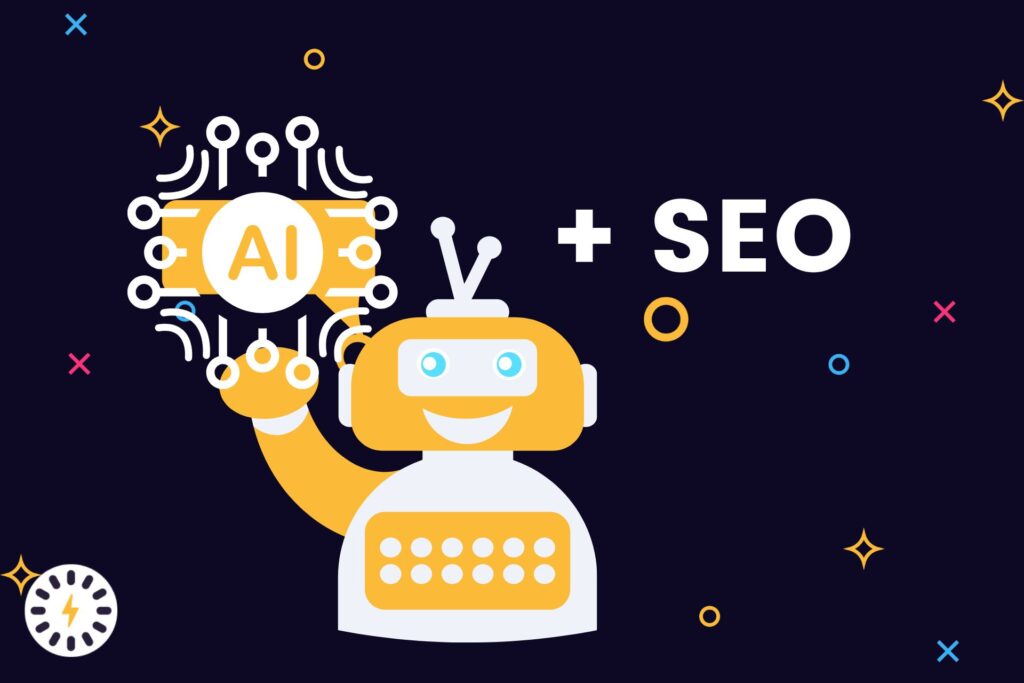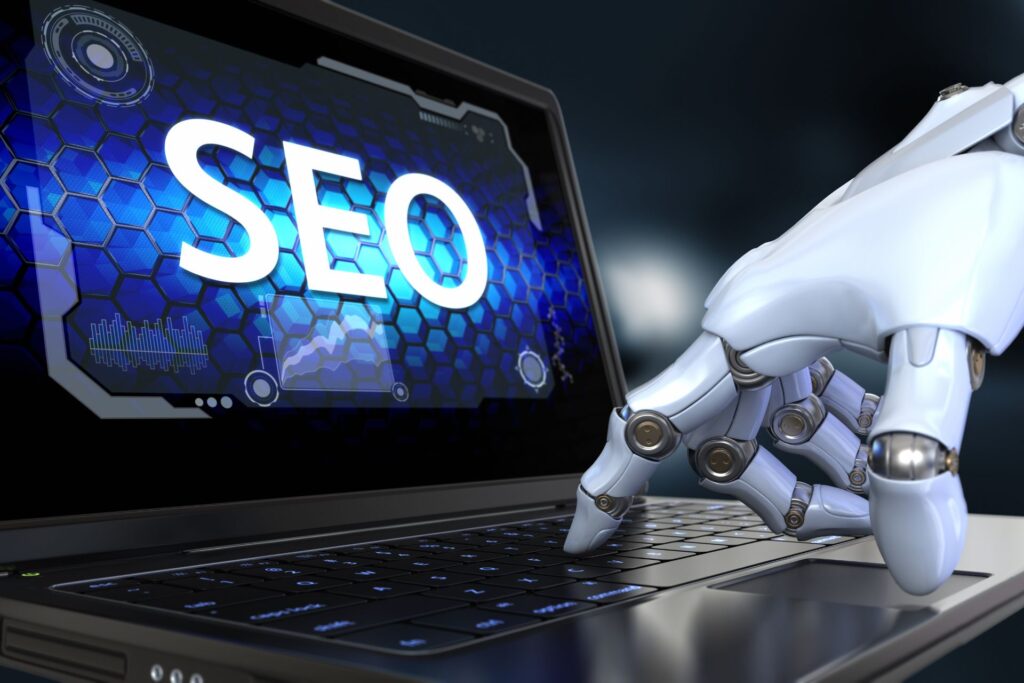Artificial intelligence (AI) is revolutionizing the SEO landscape, offering new opportunities and challenges for digital marketing professionals. This technology is redefining the way we approach search engine optimization, bringing significant changes in several key aspects of SEO. Let's explore these transformations in more detail to understand what concrete impact does AI have on SEO?.
Companies looking to improve their online visibility can find SEO experts capable of navigating this new AI-dominated landscape click here.
Understanding context and intent
Search engines, particularly Google, are increasingly using AI to improve the relevance of results. Algorithms such as BERT and MUM apply natural language processing to better understand the context and intent behind user queries. This advance means that search engines are no longer content with simple keyword matches, but seek to understand what the user actually wants to know or do.
Implications for content strategies
This evolution is forcing SEO specialists to rethink their content strategies. It's no longer just a matter of optimizing keywords, but of creating high-quality, relevant content that meets users' needs.

AI in SEO analysis and optimization
Data processing and analysis
Artificial intelligence offers powerful tools for SEO data analysis. Machine learning algorithms can process vast quantities of data to identify trends, predict user behavior and suggest content optimizations (Understanding user behavior with AI to improve SEO in digital marketing). These capabilities enable SEO specialists to make more informed decisions and refine their strategies with greater precision.
Greater precision and customization
By leveraging these tools, companies can not only improve their search engine rankings, but also offer a more personalized and engaging user experience. AI helps segment audiences and personalize content, which is essential for maintaining user engagement and loyalty.

AI-assisted content creation
Optimized content generation
AI is also revolutionizing content creation for SEO. AI-assisted writing tools can generate SEO-optimized texts while maintaining a high level of quality. These tools analyze best practices and trends to produce content that not only attracts search engines, but also engages readers.
Balancing AI and human creativity
However, finding the right balance between AI-generated content and the human touch is crucial to ensuring authenticity and audience engagement. Editors need to collaborate with AI to ensure that content remains relevant and creative. For those looking to further explore the possibilities offered by AI in SEO, additional resources and experts are available this way.

Personalization and user experience
Personalizing SEO search results with AI
AI enables advanced personalization of the user experience, an increasingly important factor for SEO (How AI is revolutionizing SEO: techniques and tools to improve your visibility). Search engines use AI to understand individual user preferences and deliver tailored search results. This means that websites must not only be optimized for search engines, but also offer an exceptional, personalized user experience.
Anticipating user needs
What's more, AI can help anticipate user needs, offering relevant recommendations that increase engagement and loyalty. This ability to predict and respond to users' expectations even before they express them is a major competitive advantage in the digital world.

The future of SEO with AI
Continuous adaptation to new technologies
As AI continues to evolve, its impact on SEO will only increase. SEO professionals will need to constantly adapt to new technologies and trends. AI could soon enable real-time website optimization, more accurate prediction of search trends, and an even finer understanding of user intent.
ChatGPT Search: a new era of search
In addition to traditional search engines, language models such as ChatGPT are beginning to play a role in online information retrieval. ChatGPT Search, for example, offers a more conversational and intuitive way of discovering information. By enabling users to ask complex questions and receive detailed, contextual answers, these models are transforming the way we interact with online content. This opens up new possibilities for SEO, where content needs to be optimized not only for search engines, but also for these conversational models.

AI and optimization for voice search
With the rise of voice assistants such as Google Assistant, Alexa or Siri, artificial intelligence plays a key role in optimizing for voice search. Voice queries often differ from written searches, being longer and conversational.
Why it matters:
- Voice searches account for a growing share of global queries.
- Search engines use AI to understand the nuances of natural language, making accuracy essential.
How to adapt :
- Use long-tail keywords For example, optimize for phrases like "What's the best SEO strategy in 2024?" instead of simple keywords like "SEO strategy".
- Creating content in FAQ format Concise, direct answers are preferred by search engines when responding to voice queries.
- Optimizing for featured snippets These positioned extracts are often read aloud by voice assistants.
💡 To succeed in this area, adapt your content to the new trends in voice search and work on your local SEO to capture contextual searches.

The risks and limits of AI in SEO
While AI offers countless opportunities, it also presents challenges that need to be taken into account.
The major risks of artificial intelligence in SEO
- Generic or inauthentic content : Excessive use of AI tools can generate texts that lack personality and originality, negatively impacting user engagement.
- Dependence on AI tools : An SEO strategy based solely on AI can neglect human factors such as creativity and intuition.
- Algorithm updates : Search engines are constantly evolving, making certain practices obsolete if they are not regularly adapted.
How to avoid them:
- Combining AI and human expertise Make sure that tools are used as complements to, and not substitutes for, strategic thinking.
- Carry out regular audits : Continuously evaluate your SEO performance and adjust your practices in line with new trends.
- Quality over volume : It's better to produce less content, but more impact, to keep users engaged.
💡 Adopting a balanced approach will enable you to maximize the benefits of AI while minimizing its drawbacks.

Impact of AI on SEO - Benefits, challenges and solutions
| Aspect | Benefits of AI | Challenges to overcome | Recommended solutions |
|---|---|---|---|
| Data analysis | Fast, accurate processing of large quantities of data. | Risk of over-reliance on automated tools. | Complement AI analysis with human expertise to validate results. |
| Content creation | Rapid generation of optimized, relevant content. | Content sometimes generic or lacking in authenticity. | Combine AI and human creativity to maintain engagement and originality. |
| User customization | Enhanced user experience through advanced personalization. | Complexity in the collection and use of personal data (RGPD). | Respect confidentiality standards and use tools that comply with regulations. |
| Voice search | Better understanding of conversational queries by search engines. | Specific optimization required for voice searches. | Create content in FAQ format and target long-tail keywords. |
| Real-time optimization | Instant adjustments to SEO strategies based on current performance. | Requires advanced tools and constant monitoring of algorithm developments. | Invest in high-performance analysis tools like Google Search Console and SEMrush. |
| Backlinks and relationships | Identification of relevant backlink sources via AI. | Risk of penalty if backlinks come from low-quality sites. | Give priority to backlinks from authority sites and regularly monitor your link profile. |
| Trend forecasting | Identification of emerging keywords and user behaviors. | Difficulty adapting quickly to unpredictable trends. | Conduct regular audits and use predictive analysis tools to adjust your strategies. |
In conclusion, AI is profoundly transforming the world of SEO, offering both challenges and exciting opportunities. Companies and marketers who embrace these new technologies and integrate them effectively into their SEO strategies will be best positioned to succeed in the ever-changing digital landscape.






